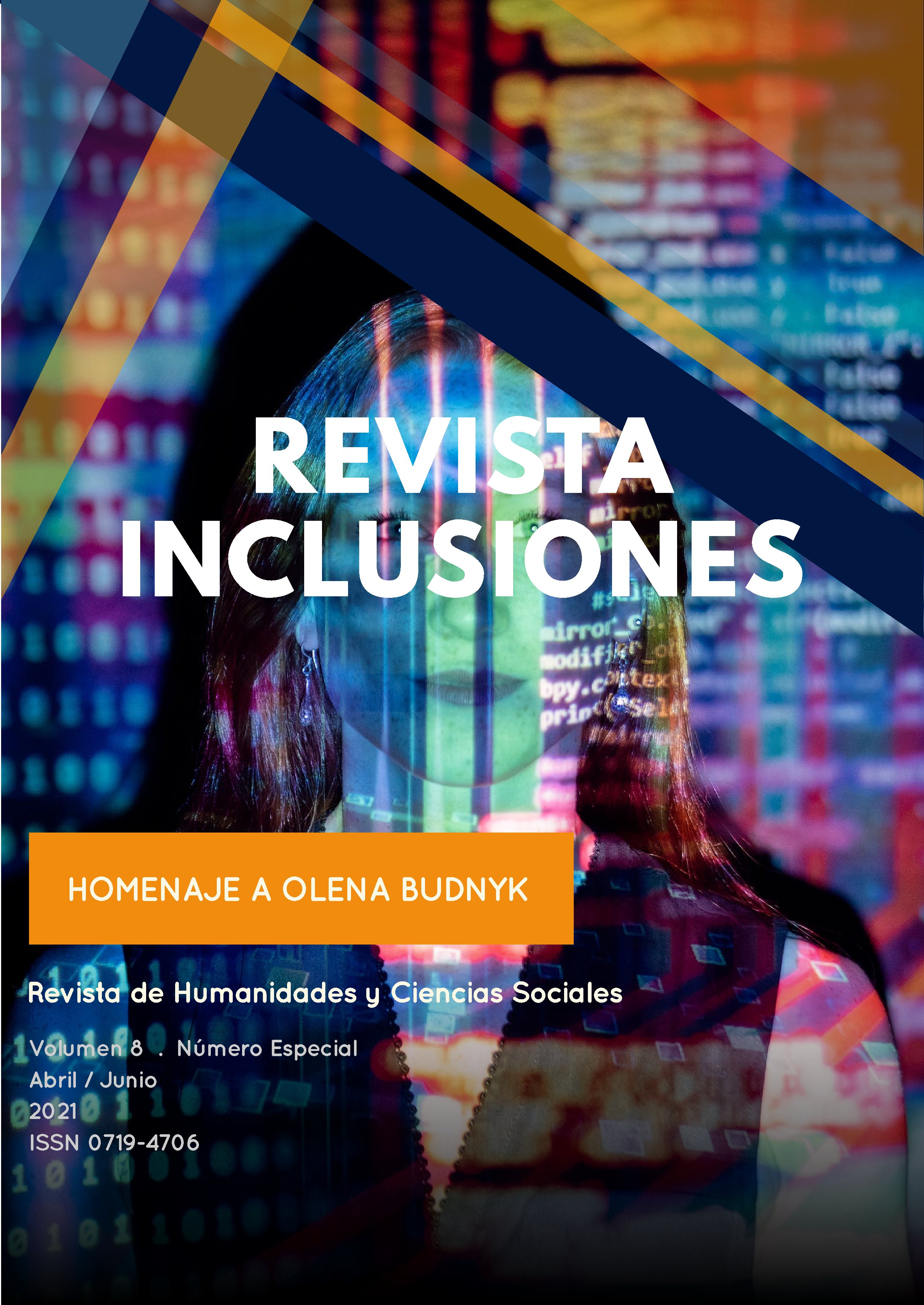HOW CAN ONE RECONCILE THE SEARCH FOR THE TRUTH IN CRIMINAL PROCEDURE, WITH THE PROTECTION OF FUNDAMENTAL RIGHTS? A CRITICAL READING OF THE JUDGE’S INVESTIGATIVE FUNCTION IN THE CRIMINAL PROCEDURE. IN SEARCH OF THE LEGITIMIZATION OF JUDICIAL DECISIONS
Abstract
This paper aims to discuss the possibility and/or necessity of the judging body to interfere in the
production o evidence within the criminal procedural systems, which constitutional matrix is based on
the Democratic Rule-of-Law State paradigm. Therefore, it is necessary to understand the real
grounds that justify the production and control of evidence by the judging body, and to discuss
whether these reasons are pertinent given the current context. This analysis will be based on the
guaranteeing conception of law, as a means of achieving the necessary balance of interests in the
punitive system. The aim is to establish limits to a judge’s official activity, since, otherwise, it can
transform into a genuinely accusatory campaign, compromising their impartiality. Portuguese and
Brazilian legislation will be used as references in order identify an adequate interpretation that allows
for the search for the truth, without, however, compromising fundamental rights.
Downloads
Published
How to Cite
Issue
Section
License

This work is licensed under a Creative Commons Attribution 4.0 International License.
Authors retain copyright and grant Revista Inclusiones the right of publication under Creative Commons Attribution 4.0 International (CC BY 4.0). This allows use, distribution, and reproduction in any medium, provided proper attribution is given to the author.











